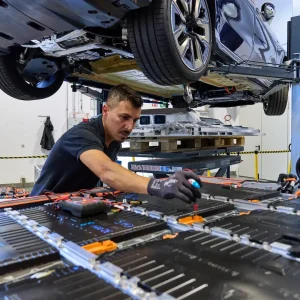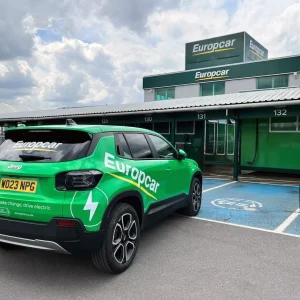While it might make their lives a little less straightforward, ‘encouraging’ staff to travel to work together will reduce fuel costs and emissions, write Guy Bird
The most startling finding of a recent Government survey investigating public attitudes towards car sharing is that only 1% of respondents who regularly share cars were involved in a formal work-related scheme. Only 14% of those who did share were commuting or on business travel too.
The most common reason to car-share indicated by 63% of respondents was ‘convenience’. About a quarter could not drive themselves, 22% cited cost as a factor, as many again mentioned the inconvenience of public transport, 8% wanted to reduce congestion and 7% claimed to be doing it for the planet. bless ’em.
Which got me thinking – what would make more business drivers take up car sharing more often?
One hurdle to overcome in work-related schemes is the issue of ‘convenience’. While car-sharing to work makes sense – colleagues are colleagues by definition of being employed at the same place and thus having the same outward destination – the tricky bit is resolving the homeward side of the equation, especially when people don’t live that close to each other to make sharing that ‘convenient’. Short of asking them to move house, one other way to make work-related car sharing more ‘convenient’ is to make not car sharing less convenient.
|
“About a quarter of respondents could not drive, 22% cited cost as a factor, 8% wanted to cut congestion, while 7% claimed to be car-sharing for the planet… bless ’em” |
|
Guy Bird |
The announcement of the UK’s first permanent High Occupancy Vehicle lane (HOV) last year is one way of course, but an alternative could be to give free or lower cost parking to staff within new workplace parking schemes – as on the agenda again with Nottingham Council among others. (While we’re at it, why not rip up 25% of the speed bumps dotted about the UK and give over some of the new smooth-again roads for exclusive use for car sharers in rush hour. After all, the often-hated humps have just been lambasted in the latest AA findings for doubling the CO2 emissions, and increasing nasty local air pollutants like NOX, of cars that have to negotiate them compared to ones doing a steady 30mph on normal roads.)
I’m broadly in favour of car-sharing, especially as one of the quickest ways to cut congestion, emissions and fuel costs in half at a stroke is to use what you’ve got more efficiently.
If you’re a fleet manager why not look into incentivising car sharing in 2008 where possible so your fleet drives fewer cars, less often. The aforementioned survey’s finding that only a measly 1% of all current car-sharers are involved in work-related schemes suggests there’s plenty of room for improvement.





